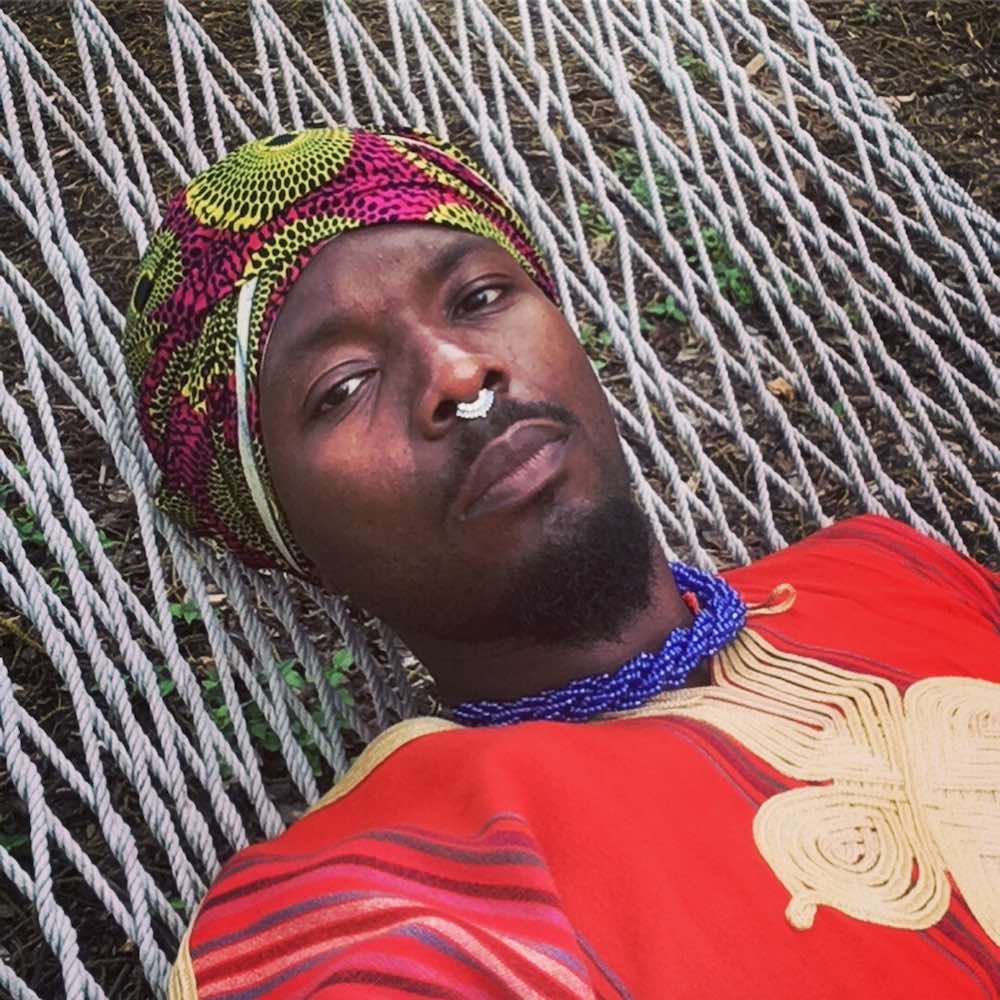50 Years Black & Queer at UT's Black Studies Biennial Conference
Historical analysis of the Caribbean’s queer, black activism
By Alex Puente, 3:00PM, Wed. Mar. 13, 2019
The University of Texas at Austin’s second Black Studies Biennial Conference returns March 14 and 15 to highlight Black Studies and scholars.
Under the year’s theme, Black Studies @ 50: 1968/1969 the two-day conference will explore the legacy from the late 1960s when students challenged colleges to diversity their curriculum. While we’re pumped for the whole conference, the panel “50 Years Black & Queer: Erotic Islands and the Cartography Lineage” – offering a historical analysis of queer and black activism in the Caribbean – especially caught Qmmunity’s eye.

Panelists include associate professor Lyndon K. Gill; Afro-Chinese queer feminist gender, sexuality and tourism scholar Dr. Angelique Nixon; and South African popular culture scholar Dr. Xavier Livermon. Gill said in an email to expect a conservation about his new book Erotic Islands: Art and Activism in the Queer Caribbean. “The book explores a queer presence in the twin-island republic of Trinidad and Tobago through a historical analysis of Carnival, Calypso, and HIV/AIDS,” Gill explained.
UT first established the Afro-American Studies and Research Center in 1969, a year after the first Black Studies program was founded in the U.S. at San Francisco State University. Gill says that while black queer diaspora studies is a relatively new field of study, “it is born of a venerable political, cultural, and intellectual genealogy that reaches back through generations of black (lesbian) feminist artist-activists-intellectuals, who have been as foundational to the formation of African Diaspora studies as they have been to queer studies.”
Audre Lorde, a black queer poet and civil rights activist, is at the conceptual center of Erotic Islands. According to Gill, his book offers a reexamination of “Lorde's envisioning of the erotic as theory." Lorde is among multiple queer artists whose work strived towards anti-hegemonic resistance and decolonization of the mind and body. And Erotic Islands uses the works of queer foremothers and their history within the Caribbean to analyze the emergence of black and queer studies. During the Friday session, panelists will engage in discussion of the Gill’s book as they examine the connections of gay and lesbian artistry and activism in the black community.
As the author, Gill hopes the audience will learn about how black studies have always been transformed by queer individuals in the black community. Queerness, said Gill, has been a constant presence throughout the African diaspora. “For the past 50 years and for 50 more to come, queer people of African descent across the Americas, in the Caribbean, in Europe, in Asia. and especially across the African continent have not been and will not be minorities or marginal,” Gill said. “We are central to the story of this planet and central to any study that tries to tell that story.”
The 50 Years Black and Queer Panel takes place Friday, March 15, 4:15-5:30pm at AT&T Hotel and Conference Center (1900 University Ave.) as part of the Black Studies at 50: 1968/1969 Conference, which runs Thursday, March 14 through Friday, March 15.
A note to readers: Bold and uncensored, The Austin Chronicle has been Austin’s independent news source for over 40 years, expressing the community’s political and environmental concerns and supporting its active cultural scene. Now more than ever, we need your support to continue supplying Austin with independent, free press. If real news is important to you, please consider making a donation of $5, $10 or whatever you can afford, to help keep our journalism on stands.
April 25, 2019
April 22, 2019
50 Years Black & Queer, Black Studies Biennial Conference, Lyndon K. Gill








